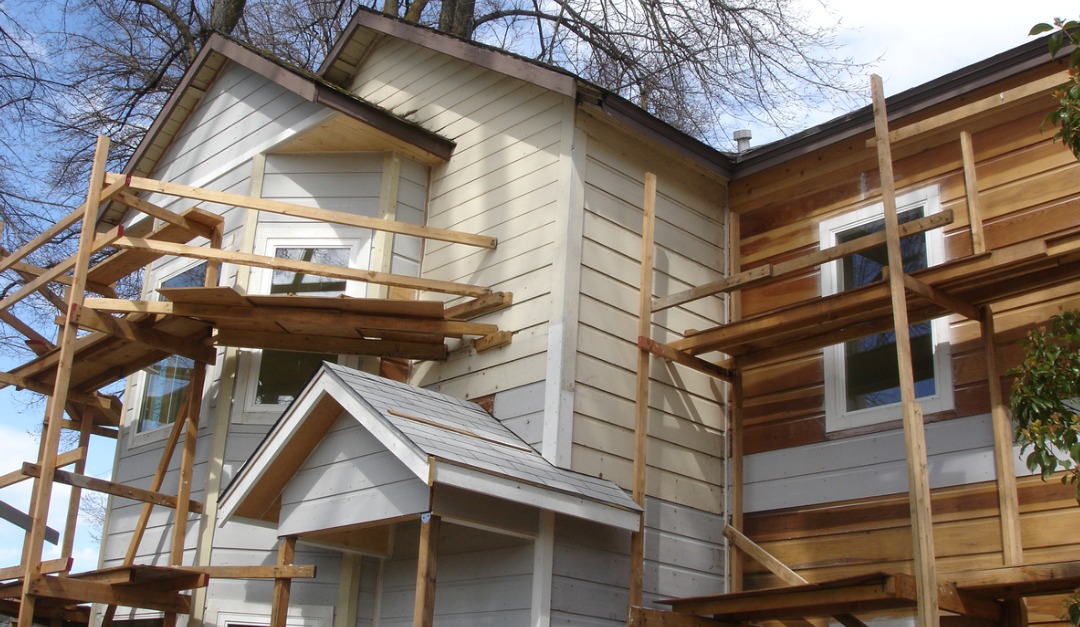
What You Should Know Before Buying a Fixer-Upper
Buying a fixer-upper can be tempting for the bargain shopper and the would-be home flipper, but it’s not for everyone. Unfortunately, the thrill of a good deal or a future profitable sale can lead some home buyers to purchase before understanding the potential drawbacks.
Know the Math
Evaluating the deal is key for any purchase, but the math is crucial when buying a fixer-upper. First, ensure you get a thorough assessment of the property; this will help you to project renovation costs based on the building’s current condition of the house. Include materials and outside labor and take your own labor into account. It is best to work with a seasoned real estate expert in your area to help assess the property’s projected value after renovation (based on local real estate comps).
Finally, be sure to deduct at least another 5-10% to cover any unforeseen problems, inflation or last-minute extras. Industry experience will have a large impact on the accuracy of your estimates. If at any point you feel that you can’t fully assess the deal; it may be time to evaluate other options.
Know Your Financing Options
If you plan to purchase a fixer-upper, be sure you understand the ins and outs of your loan options. You will want to explore a renovation mortgage that best fits your needs, there are a few options available depending on your needs and circumstances. Depending on your chosen option, it may even help cover your mortgage payments if you need to live somewhere else while the renovations are being completed, and it may also include extra funds for improvements that went over the estimated budget.
The FHA 203(k), VA renovation loan, HomeStyle and CHOICERenovation loan are all loans designed for buyers who are hoping to purchase a home to renovate. If traditional financing is not for you, it may also be possible to borrow against the cash value in a 401(k) retirement plan, life insurance policy, or stock portfolio.
Know Your Skillset
A fixer-upper can be a costly expenditure when all the labor needs to be done by hired hands. On the other hand, a poorly done DIY job can cause expensive and critical problems as the project continues. It’s vital that you evaluate your skill set before taking on a home for renovation. Ensure you know what you can handle and what must be left to a pro.

